

Access to potable water in the district is quite encouraging. The major sources of potable water for the inhabitants in the district include boreholes mostly provided by the Development Partners to communities and Pipe borne water from Ghana Water Company.
In all there are a total of 307 functional boreholes in the District. Again a Small Towns Water System project has been constructed at Mpobi, Ejuratia and Ankaase. Concerning pipe borne water, a total of twenty (20) communities are benefitting though the flow is irregular. The boreholes in the communities are managed by well trained WATSAN Committees mainly through Pay-As-You-Fetch scheme.
In the area of sanitation, there are about 70 public latrines in the District. Most of these are managed by the communities through their Assembly Members and Unit Committees. On household toilets, the District Assembly has made it a policy that every residential unit should have a toilet facility within. In this light, building permits are given approval based on the inclusion of toilet facilities in the designs of the structure.
In the District all the major towns, especially those closer to Kumasi have serious solid waste management problem. They have collection points in all the communities; however, there is no permanent engineered final disposal site. The Assembly has secured one permanent final disposal site and it’s making effort to secure others. The Assembly has taken decisions to manage these public latrines in Public-Private Partnership basis.
Date Created : 11/14/2017 7:19:47 AM



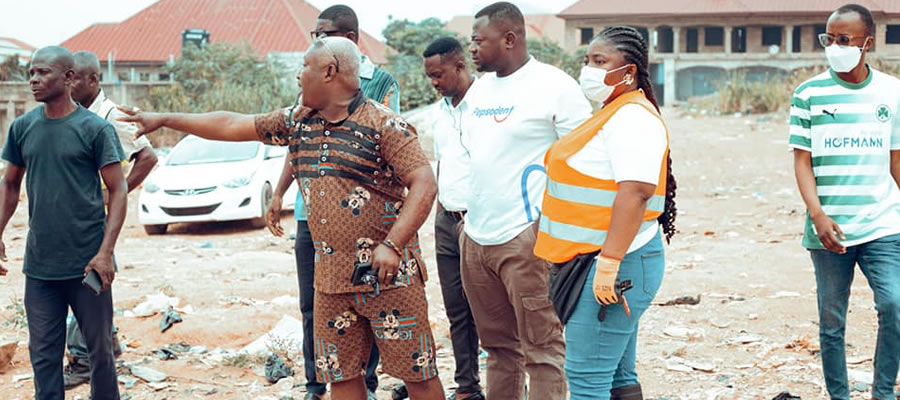
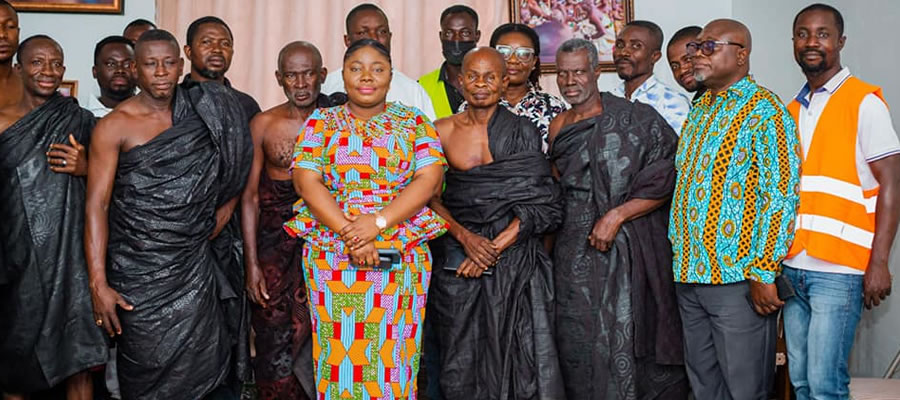
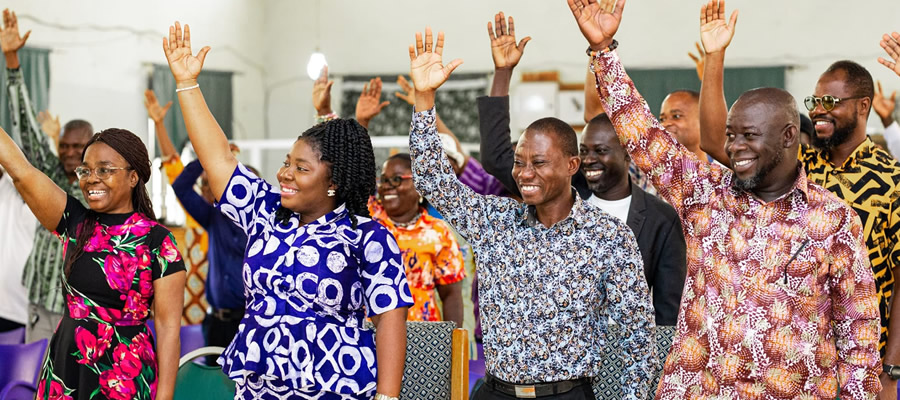
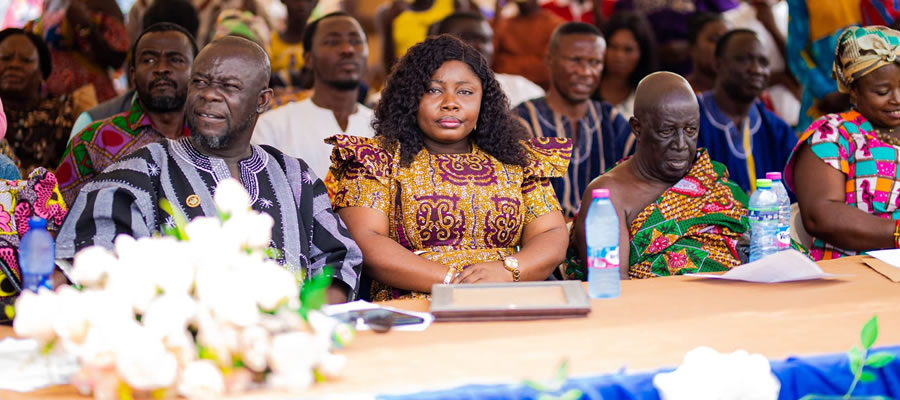
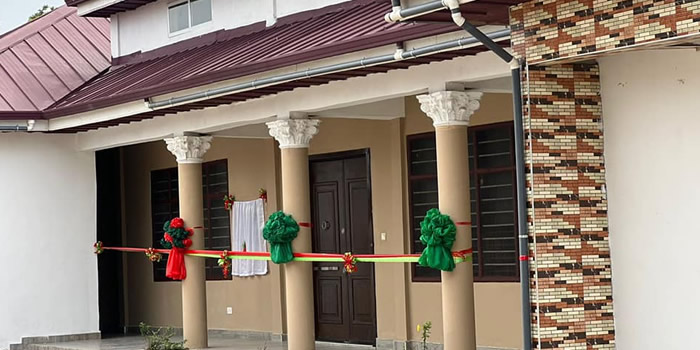
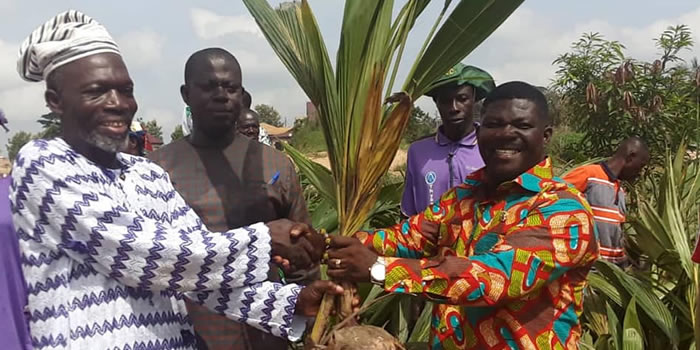
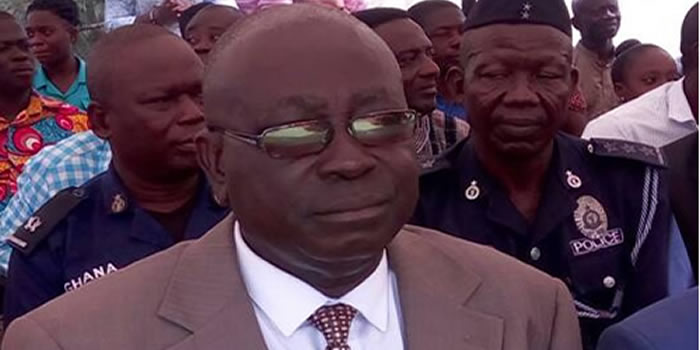


 facebook
facebook
 X
X
 Youtube
Youtube
 instagram
instagram
 +233 593 831 280
+233 593 831 280 0800 430 430
0800 430 430 GPS: GE-231-4383
GPS: GE-231-4383 info@ghanadistricts.com
info@ghanadistricts.com Box GP1044, Accra, Ghana
Box GP1044, Accra, Ghana